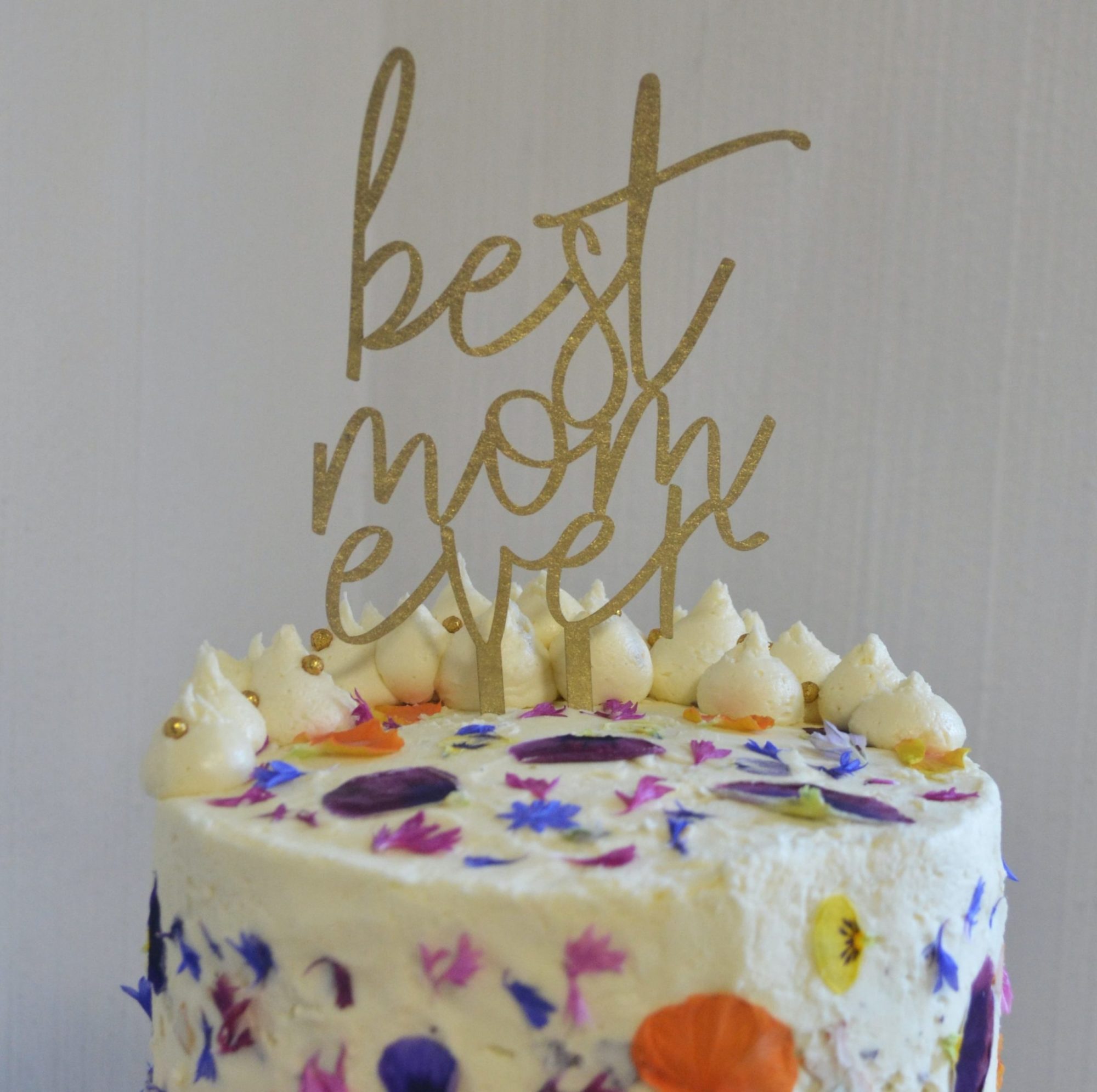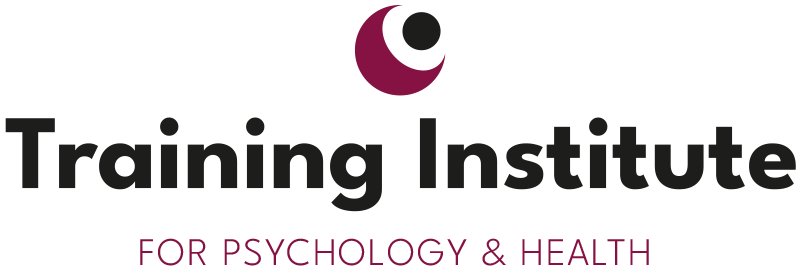
Have you ever heard of parental perfectionism?
There’s no such thing as parental perfectionism or perfect parenting! And that’s a good thing, because children build some of their best qualities on their parents’ shortcomings.
What is parental perfectionism? In a nutshell, we could say that parental perfectionism is trying to be a perfect parent and worrying that you won’t succeed. So there are two components to parental perfectionism high/demanding goals and fear of failure.
As part of parental perfectionism, high/demanding goals may concern :
- Either the parent him/herself; for example, the parent wants to be always on top, always adequate and in a good mood in the presence of his/her children, he/she wants to do the coolest activities, the best cakes, etc.
- Either the child: the parent absolutely wants his or her child to be the happiest and/or the most sociable and/or the best at school and/or music and/or sports, etc., depending on the areas deemed important by the parent.
Fear of failure refers to a significant and pervasive anxiety about not achieving one’s goals.
The perfectionist parent is constantly afraid of not being a good enough parent, doubting himself, wondering what he could or should have done differently. They’re afraid of making mistakes, and fear that their child won’t develop as they’d like.
And so it is with Marie. Marie had a difficult childhood and promised herself she would be the mother she wished she had. Marie really wants to be “a great mom”. Since her pregnancy, she has read many books on parenthood.
She wants to be a positive, caring mother and feels terribly guilty when she raises her voice after a difficult day. At her children’s birthdays, she spends hours baking magnificent cakes and the party is magical. In the end, she doesn’t enjoy the party because she’s so exhausted by the preparations and worries that everything will turn out just as she planned.
During the vacations, she would like to carry out memorable activities with her children, and blames herself enormously if she doesn’t have the time or the means to do what she had imagined, or if one of her children doesn’t seem to appreciate what she has spent so much money or effort on. When her children behave badly, she blames them for setting her up to fail as a mother.
And of course, she suffers that they don’t see all she does for them… She gives them so much, why are they so ungrateful? Unless she’s done something wrong? But what? Should she have been more severe? Marie doesn’t know what to think… She’s lost, worried she’s missed something… Marie suffers because of her perfectionism.
Parental perfectionism can be explained in different ways.
For some parents, perfectionism hides a painful childhood, marked by parental instability, violence, neglect, separation and other traumas. Marie’s parents failed her, and she promised herself to be a different kind of mother.
Like many perfectionist parents, Marie’s ambition is to be the mother she never had, the mother she wished she had… This desire prevents her from questioning her perfectionism. She’s afraid of becoming a bad mother… The circle is complete and the noose is tightening…
Fortunately, there are antidotes to parental perfectionism!
These include :
- analysis of the events and beliefs that underlie perfectionism,
- analysis of the negative consequences of perfectionism for oneself and for one’s children (some perfectionist parents tend to put a lot of pressure on their children, who also have to be perfect),
- revising certain beliefs that fuel perfectionism,
- developing self-compassion, i.e. showing kindness/tolerance towards oneself.
These and other antidotes are developed in our “Parent on the Line” program.
To remember
The most important thing is to be a good enough parent. There’s no such thing as a perfect parent! And that’s a good thing, because a perfect parent would be toxic for his or her children: children build some of their best qualities on their parents’ biggest flaws.

